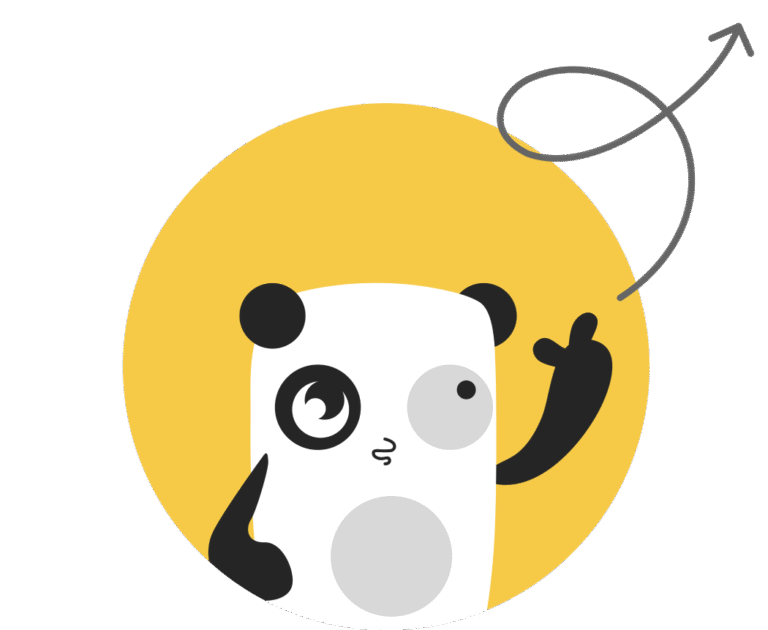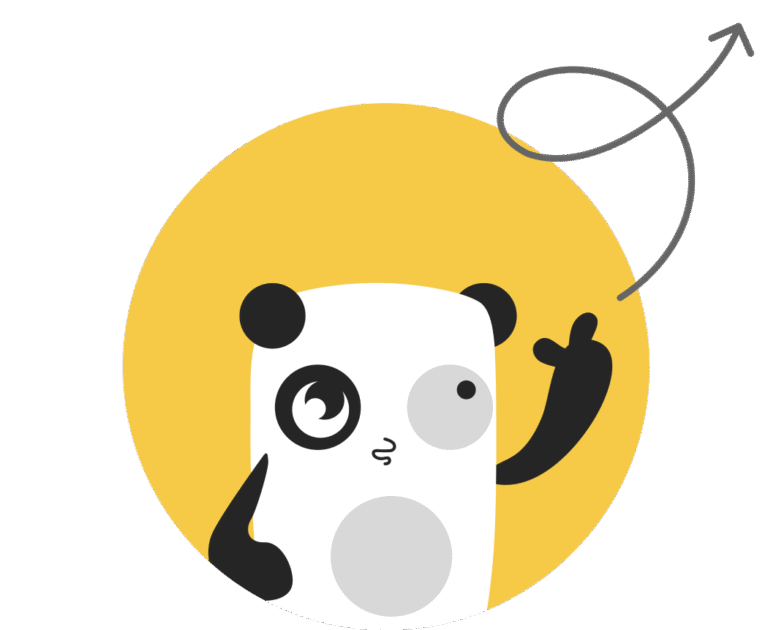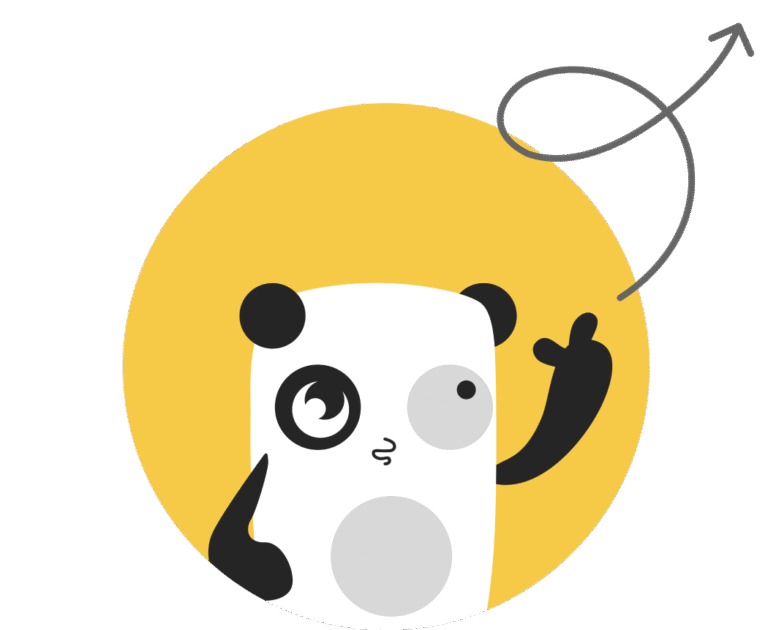What do you think it feels like when the pet you adore seems to favor someone else? It’s a bizarre mix of confusion and hurt that many pet owners experience, leading to questions about love, attachment, and how relationships actually work—especially when it comes to our furry companions. This article explores those emotional dynamics, particularly focusing on how feelings of rejection can shape your relationship with your pet.

This image is property of vegoutmag.com.
The Human-Pet Bond
Having a pet often brings joy and companionship into your life. Pets have this special way of becoming part of your life narrative, enriching your days with warmth and laughter. But, what happens when those relationships become complicated? Pets, much like people, form attachments and make choices based on emotional cues, not just your feeding schedule or playtime.
Understanding Attachment in Pets
When it comes to the attachment between human and pet, it’s essential to recognize that these bonds are complex. Research suggests that mutual gazing—a common behavior among pet owners—enhances emotional bonding. This shared eye contact increases oxytocin levels, the hormone often called the “love hormone,” in both pets and their owners. So, while you might think you’re doing everything right to secure your pet’s affection, remember that their emotional connections may not operate on the same plane as human relationships.
| Behavior | Emotional Response |
|---|---|
| Mutual gazing | Bonding, love |
| Feeding | Gratitude, trust |
| Playtime | Joy, excitement |
Tom and Mochi: A Case Study
Let’s look at an illustrative case. Tom, like many during the pandemic, decided to adopt a cat named Mochi. He knew that owning a pet could provide companionship during those lonely times. However, over time, he noticed something troubling: Mochi appeared to have a preference for Tom’s partner, Sarah.
The Experience of Rejection
Tom’s experience highlights the question of why pets like Mochi can exhibit preferences for certain people. After all, Tom provided Mochi with food, a cozy home, and plenty of attention. Yet, it seemed to him that no matter how hard he tried, Mochi was drawn to Sarah. This led Tom to grapple with feelings of rejection, questioning whether he was a good pet owner or if his love wasn’t enough.

This image is property of vegoutmag.com.
The Nature of Love and Attachment
The emotional attachment between a pet and their owner can be intricate. While you might picture love in terms of who takes care of whom, that’s not always the case with pets. Unlike algorithmic matchmaking in dating platforms, where compatibility is calculated based on preferences and interests, pets rely more on instinctual connections.
The Impact of Emotional Regulation
Research shows that pets often choose their favorite humans based on emotional regulation. Pets are sensitive to human emotions; when you’re happy or calm, they often mirror that sentiment. This leads to questions of whether Mochi’s preference for Sarah was based on how she interacted with him or simply a natural affinity that developed over time.
Rejection Sensitivity: A Shared Experience
Interestingly, feelings of rejection aren’t unique to pet ownership. You might find that they often mirror situations in romantic relationships. Many people experience rejection sensitivity, particularly in modern dating contexts where emotions can run high and preferences may shift unexpectedly.
A Reflection of Modern Relationships
Tom’s situation with Mochi serves as an intriguing parallel to modern romance. Just as individuals in relationships may feel insecure about their partner’s affections, pet owners can also experience moments of doubt about their pet’s love. This feeling can amplify when socioeconomic factors come into play. Those who heavily rely on their pets for emotional comfort may feel even greater hurt when faced with feelings of rejection.

This image is property of vegoutmag.com.
The Role of Socioeconomic Factors
Your socioeconomic status can influence your emotional attachment to your pet. For some, pets serve as vital emotional support systems, especially during challenging times. If you feel financially unstable or unsure about your living situation, the rejection of your pet can feel particularly harsh.
Emotional Support During Tough Times
During the pandemic, many turned to pets as sources of companionship and emotional support. For individuals like Tom, the bond with Mochi wasn’t just about pet ownership; it represented a lifeline during a time of uncertainty. When feelings of rejection arose, they weren’t merely about pet affection but were intertwined with the pressures of life circumstances.
| Socioeconomic Factor | Emotional Impact |
|---|---|
| Job loss | Increased reliance on pets |
| Housing insecurity | Greater emotional stakes |
| Lack of social support | Heightened feelings of rejection |
The Shift in Tom’s Relationship with Mochi
Acceptance can be a powerful tool in any relationship, including the one you share with your pet. As Tom began to understand that Mochi’s affection wasn’t just a straightforward reflection of his care or efforts, he found himself shifting his expectations.
Embracing the Unpredictability
Tom ultimately realized that Mochi may never fully choose him in the way he wanted. This acceptance doesn’t equate to love being absent; rather, it led to improved interactions between them. By letting go of his need for Mochi to express affection in a particular way, he created a more enriching environment for both of them.
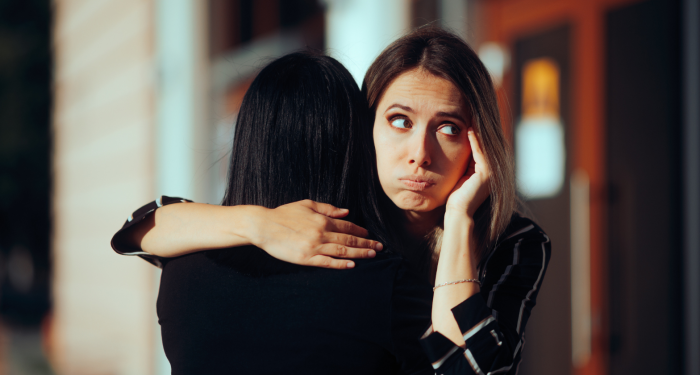
This image is property of vegoutmag.com.
The Importance of Connection
The unpredictability of emotional bonds can be disconcerting, yet it also opens doors for deeper understanding and appreciation. Whether it’s with pets or in the dating scene, relationships can hold surprises.
Finding Value in Choice
The final takeaway from Tom and Mochi’s story is that understanding and acceptance can transform how you perceive relationships. Instead of seeking certainty and clear expressions of love, consider the value of choice itself. Just as in human relationships, acknowledging the unpredictability and nuances of your bond with your pet can nurture a more fulfilling partnership.
Conclusion: Embracing Relationships in All Forms
Discovering how emotional dynamics play out in pet ownership can be enlightening. The journey of understanding love in its various forms often mirrors the complexities of our personal relationships, reminding you that feelings, while intricate, are what enrich our lives. As you navigate your journey, embrace the unpredictability that comes with connecting—be it with pets or partners.
Imagine the perspective shift: what if you approached every interaction as an opportunity for growth rather than a transaction that demands reciprocity? By fostering acceptance, you can cultivate deeper relationships, filled with warmth and understanding, regardless of who your furry friend chooses to curl up with at the end of the day. Ultimately, cherishing those precious moments with your pet—even amid feelings of rejection—makes the bond all-the-more beautiful.
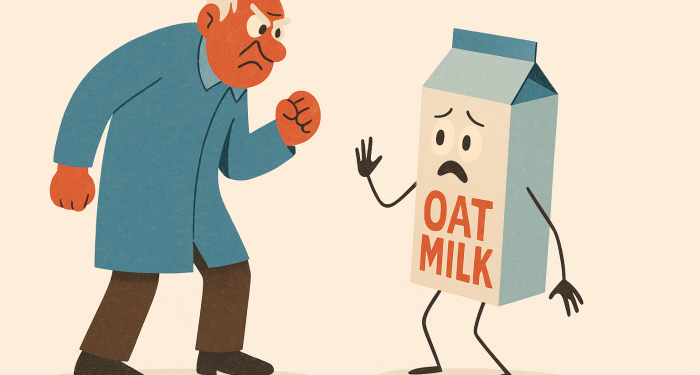
This image is property of vegoutmag.com.

